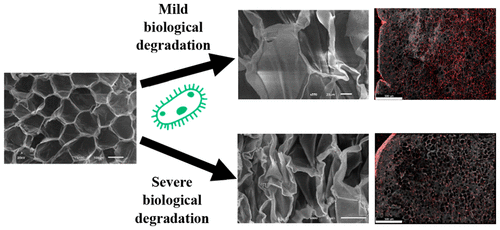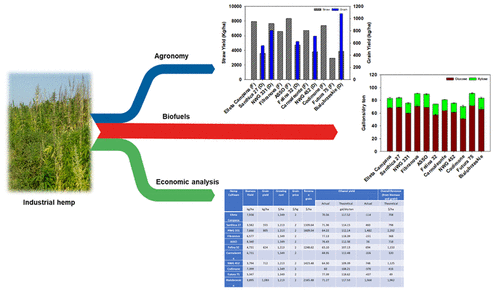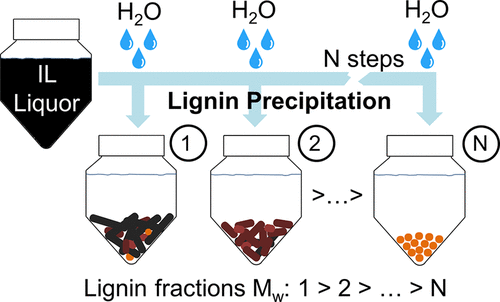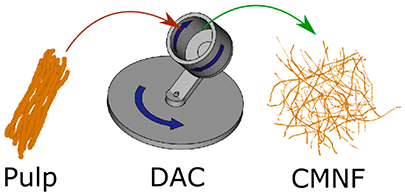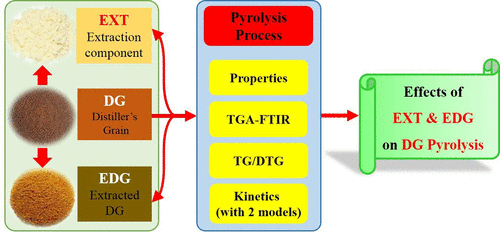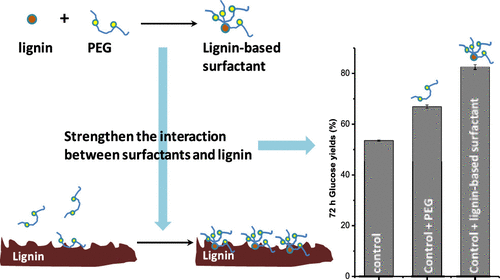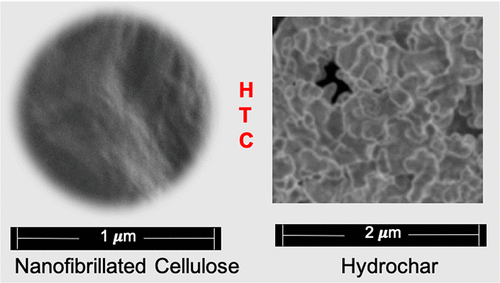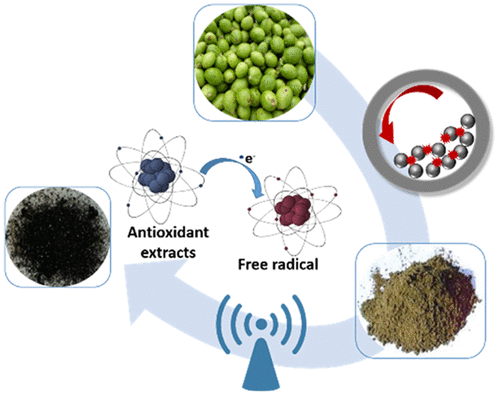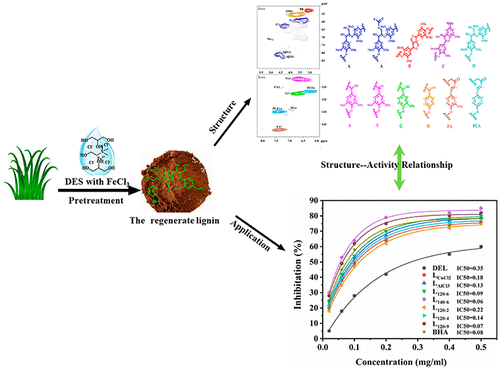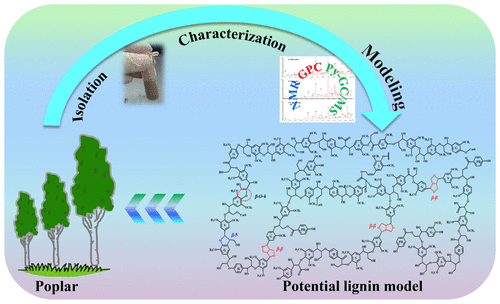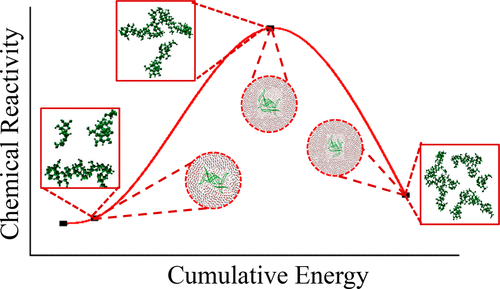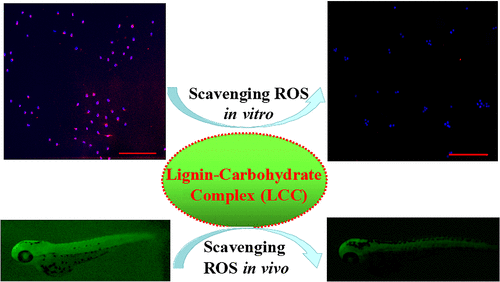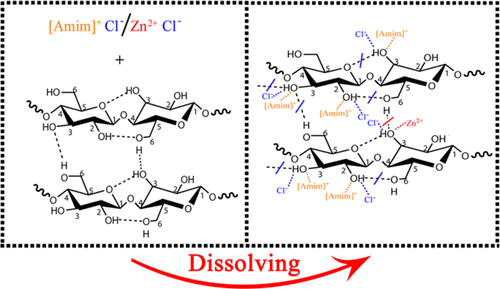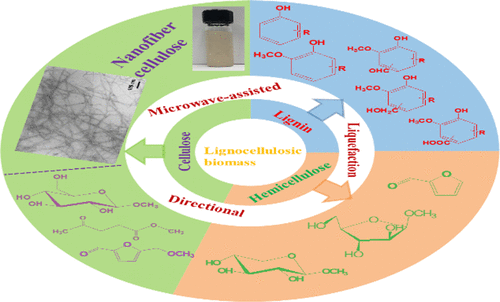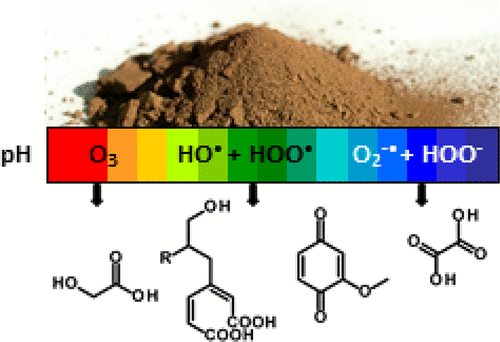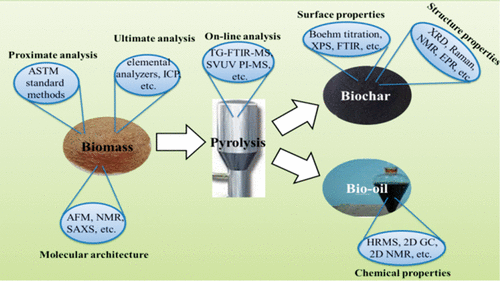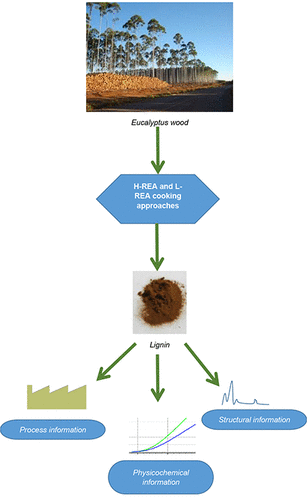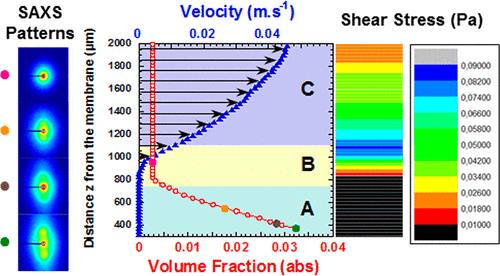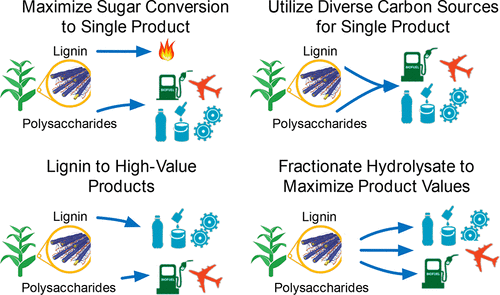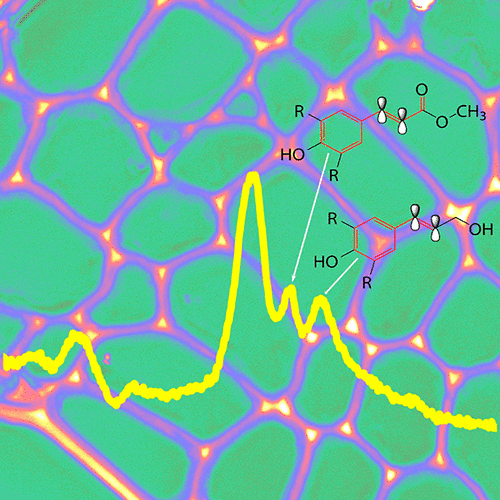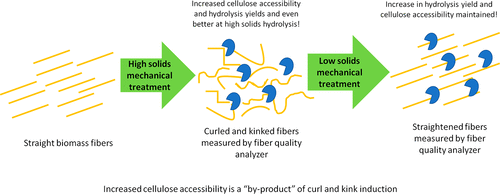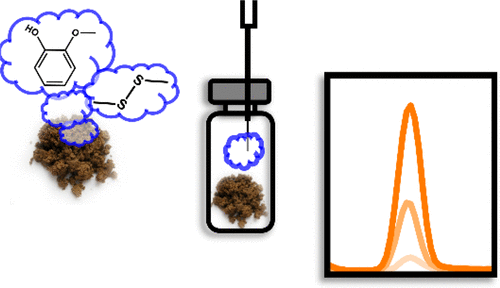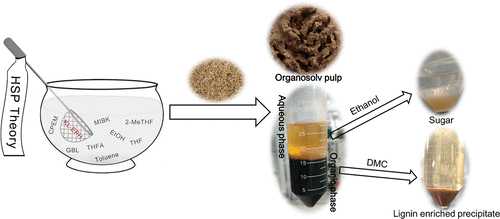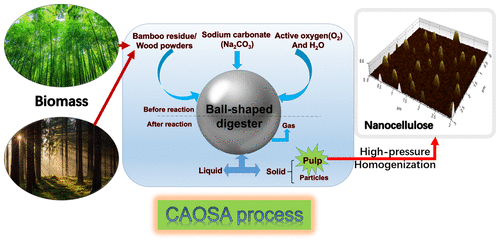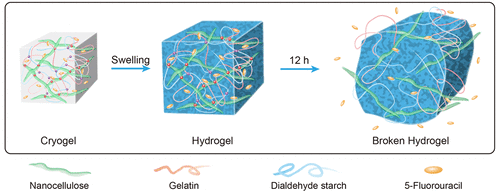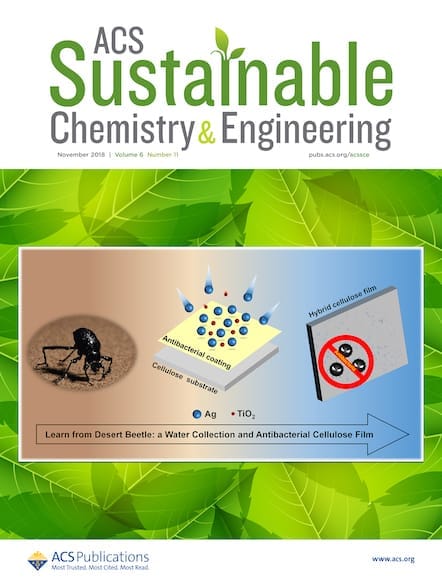“Research into the effective conversion of renewable lignocellulosics into valuable fuels, chemicals, and materials is crucial for reducing international dependency on conventional petroleum resources and increasing environmental and economic viability. Substantial research efforts have been aimed at developing a new manufacturing concept, commonly referred to as the biorefinery. The relatively quick development of biorefining, in […]

“Research into the effective conversion of renewable lignocellulosics into valuable fuels, chemicals, and materials is crucial for reducing international dependency on conventional petroleum resources and increasing environmental and economic viability. Substantial research efforts have been aimed at developing a new manufacturing concept, commonly referred to as the biorefinery. The relatively quick development of biorefining, in turn, has become the main impetus for developing innovative analytical techniques to assess the characteristics of biomass feedstock. Biomass characterization and modeling has emerged as a research field in its own right and became an essential step in maximizing the benefit of biomass as energy, chemical, and material feedstocks by optimizing current and developing new biomass conversion processes.
This VSI features contributions from leading scientists in the biorefinery field, intending to provide readers with the latest advances in analytical methodology and modeling to characterize the biomass feedstock and biomass-derived products.”
***
Characterization and Localization of Dynamic Cell Wall Structure and Inorganic Species Variability in Harvested and Stored Corn Stover Fractions as Functions of Biological Degradation
